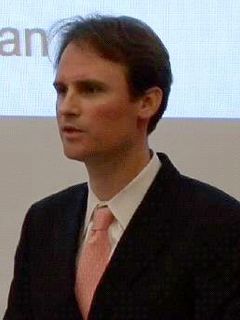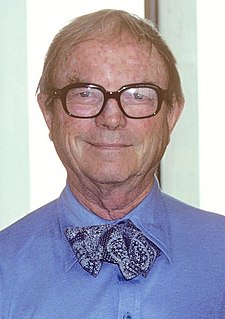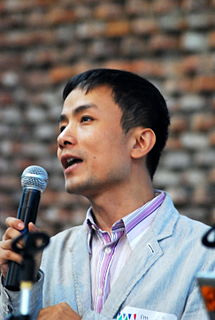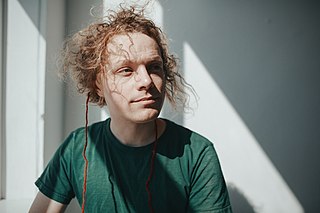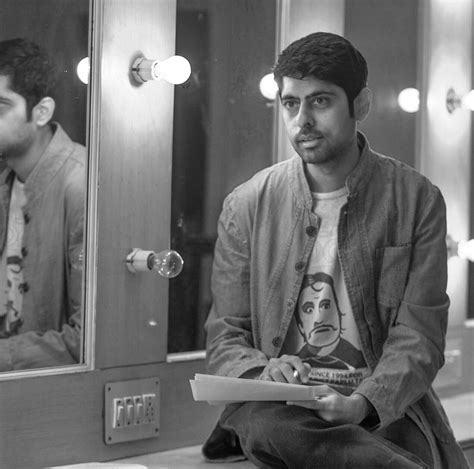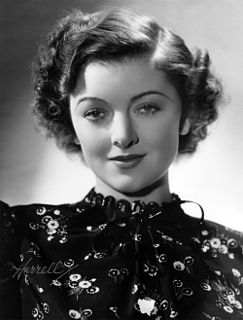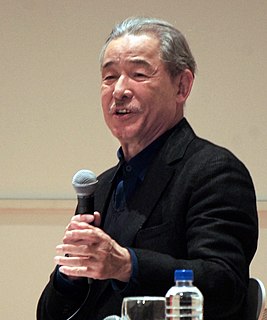A Quote by Susan Sontag
Self-censorship, the most important and most successful form of censorship, is rampant. Debate is identified with dissent, which is in turn identified with disloyalty. There is a widespread feeling that, in this new, open-ended emergency, we may not be able to 'afford' our traditional freedoms.
Related Quotes
Self-censorship happens not only in China, or Iran or ex-Soviet places. It can happen anywhere. If an artist penetrates a certain taboo or a certain power through their work, he or she will face this problem. I'm always saying that commercial censorship is our foremost censorship globally today. Why do we still pretend we are free?
Scholars, who pride themselves on speaking their minds, often engage in a form of self-censorship which is called "realism." To be "realistic" in dealing with a problem is to work only among the alternatives which the most powerful in society put forth. It is as if we are all confined to a, b, c, or d in the multiple choice test, when we know there is another possible answer. American society, although it has more freedom of expression than most societies in the world, thus sets limits beyond which respectable people are not supposed to think or speak.
If politically infused music is denied airplay, music reviews or festival stage time because it is considered "politics" rather than "art", then there will be no music left to ban. It will never reach the surface anyway, not to the larger audience. I believe that there is a high degree of censorship in the west, most importantly in the form of self-censorship among musicians themselves. This is why what you hear on the radio is - increasingly often - pure and toothless entertainment. Almost by definition, there's nothing left in pop music worth banning.
I admire some of the people on the screen today, but most of them look like everybody else. In our day we had individuality. Pictures were more sophisticated. All this nudity is too excessive and it is getting very boring. It will be a shame if it upsets people so much that it brings on the need for censorship. I hate censorship. In the cinema there's no mystery. No privacy. And no sex, either. Most of the sex I've seen on the screen looks like an expression of hostility towards sex.
I have always been interested in conducting research that yielded new methods by which to make cloth, and in developing new materials that combine craftsmanship and new technology. But the most important thing for me is to show that, ultimately, technology is not the most important tool; it is our brains, our thoughts, our hands, our bodies, which express the most essential things.
I saw that publishing all over the world was deeply constrained by self-censorship, economics and political censorship, while the military-industrial complex was growing at a tremendous rate, and the amount of information that it was collecting about all of us vastly exceeded the public imagination.





